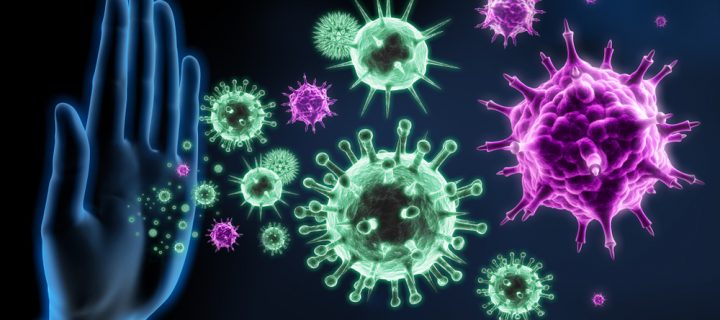They all involve different kinds of immune responses but will likely be enough to protect us down the line.
The pandemic is rolling on and developing at every moment. At the time of this writing, Russia’s first vaccine for COVID-19, Sputnik V, has been found to generate a true immune response in people who get it, which is great news. Many people do feel a bit ill for a while with a fever, aches and pains after getting it, but the inconvenience is mild when compared to the benefits.
Basically, people who get Sputnik V generate a true immune response similar to those who have had the coronavirus. Will a COVID-19 vaccine be enough to protect us, however?
Some argue it won’t be. They say we simply do not know enough about the virus to be able to predict the long term effectiveness of a vaccine. It is true that a man in Hong Kong, and likely many others around the planet, reported contracting COVID-19 for a second time. This happened about four and a half months after he was infected the first time around and it seems to be a new case, not a recurrence of the original one. The same thing could very well happen with people who are inoculated, critics say. Is a COVID-19 vaccine a waste of time, then?
Related: 10 Things to Know About Canada’s COVID-19 Tracker App
Here is what one coronavirus researcher at the University of Texas in Galveston thinks.
Vineet Menachery, speaking with Statnews.com, says a vaccine will be helpful. We can likely expect to experience one of four different types of immunity against COVID-19, and these include sterilizing, functional, waning, and lost immunity.
It’s worth noting that experts tend to agree it is doubtful we will have “lost immunity”. We also will probably avoid waning immunity. Lost immunity happens when someone who has already had a virus loses all possible immunity they once built up against it. If they get the virus a second time it would be as if they had never ever had it. A person could get just as sick the second time around, or suffer from a worse case of the illness. Thankfully, this scenario seems to be off the table, at least for the majority of people.
Waning immunity happens when your immune response gets weaker over time, which experts don’t predict will happen en masse with a vaccine.
Related: What You Should Know About Russia’s COVID-19 Vaccine
So, it is agreed that once you have had COVID-19, you probably keep some sort of immunity to it. Some people may be able to get the virus again, but if they do, their body will recognize it. When this happens, the immune system is able to mount a quick response and the sickness is stopped from progressing. This is called functional immunity.
Menachery predicts most of us will experience this type of immunity upon receiving a COVID-19 vaccine, or from falling sick with the virus and getting better. A COVID-19 vaccine would be different from many other vaccines, in this case. With vaccines for things like the measles, you produce a sterilizing immune response. Your body produces such a strong immune response to the invader that lasts for a lifetime. If you are vaccinated against the measles it is very unlikely that you will ever get the disease.
Why can’t we do this with the novel coronavirus? The answer is simple. Coronaviruses that infect you through your mucus membranes don’t generally get your body to produce a sterilizing level of immunity. It just doesn’t happen. This may make it seem like a vaccine won’t protect us at all, then. There is hope, though.
Related: How Schools Are Reopening Across the World
A COVID-19 vaccine is still worth getting. When primates took an experimental coronavirus vaccine in studies, it didn’t stop the virus from replicating in their upper airways. They still got sick. But the vaccine did prevent severe illness from developing in their lungs, and this is key. Basically, like the flu vaccine, a coronavirus vaccine could greatly reduce your chances of dying from COVID-19.
Functional immunity isn’t perfect. People can still get infected again. But over the long haul, if enough people get a COVID-19 vaccine and fight off the virus on their own, COVID-19 could become less common as time passes. It could also become less infectious. In theory Menachery predicts, people who are getting infected won’t generate high levels of the virus in their respiratory tract, and therefore they will not spread the virus that much, which is great news. Getting the public to take a COVID-19 vaccine just speeds this process up.
Of course, some people may still get quite sick. There are always exceptions. And what has just been described is one educated person’s theory. Reality could play out differently. There is hope though, and this is great to know.
photo credits: peterschreiber.media/Shutterstock.com












